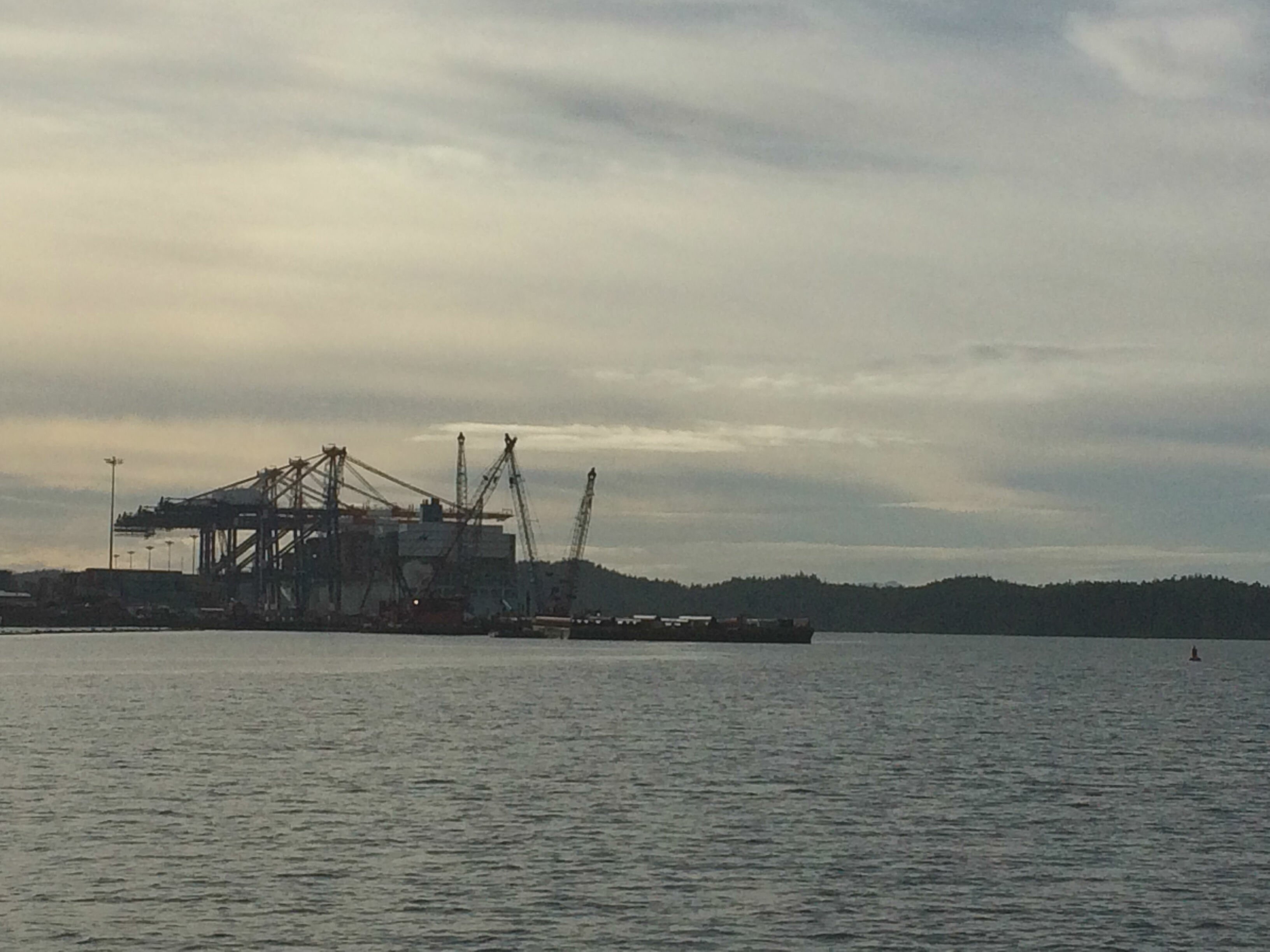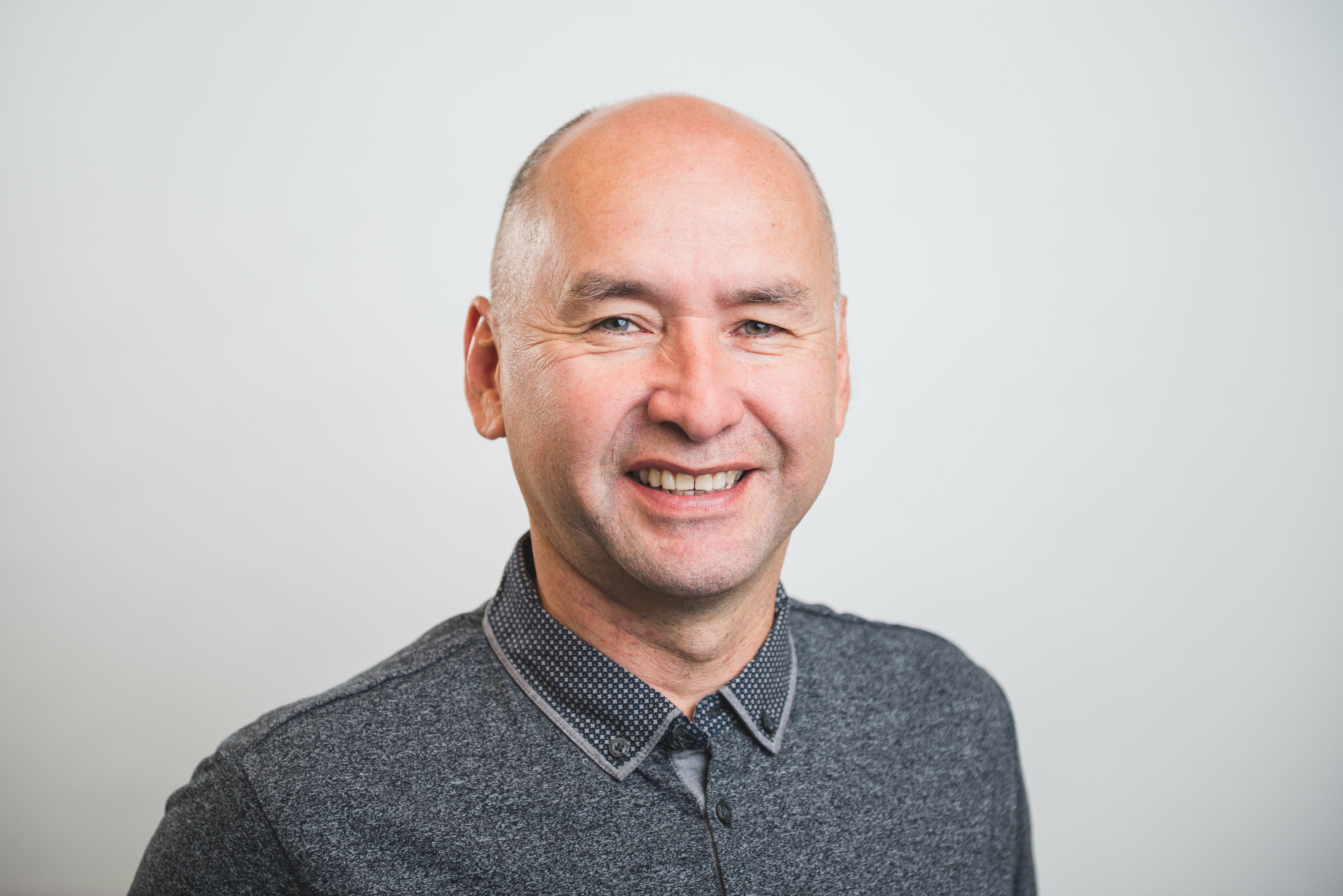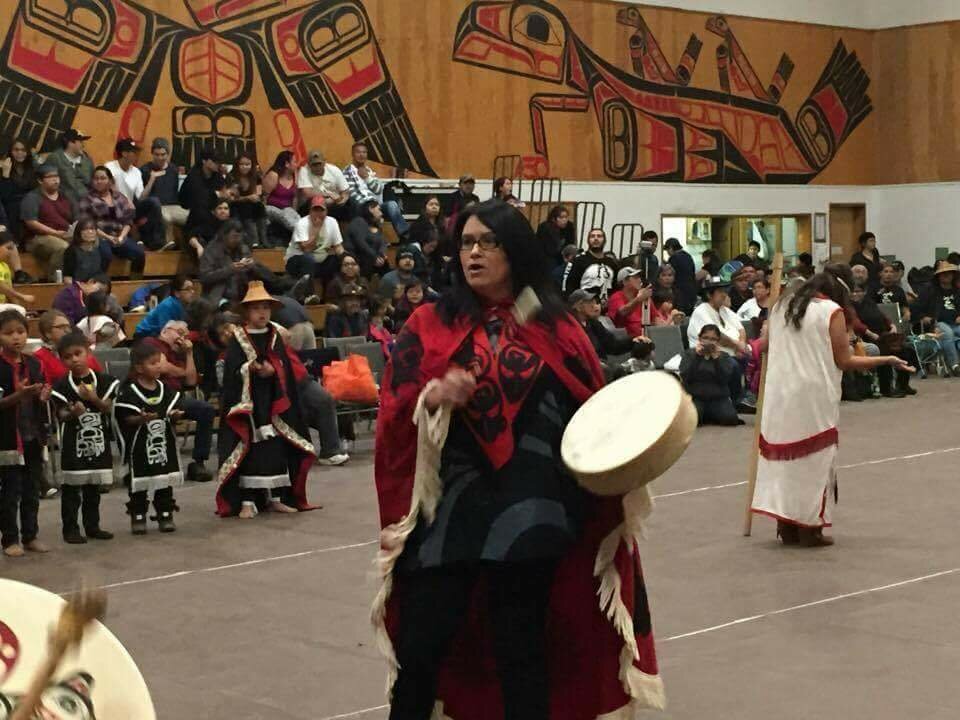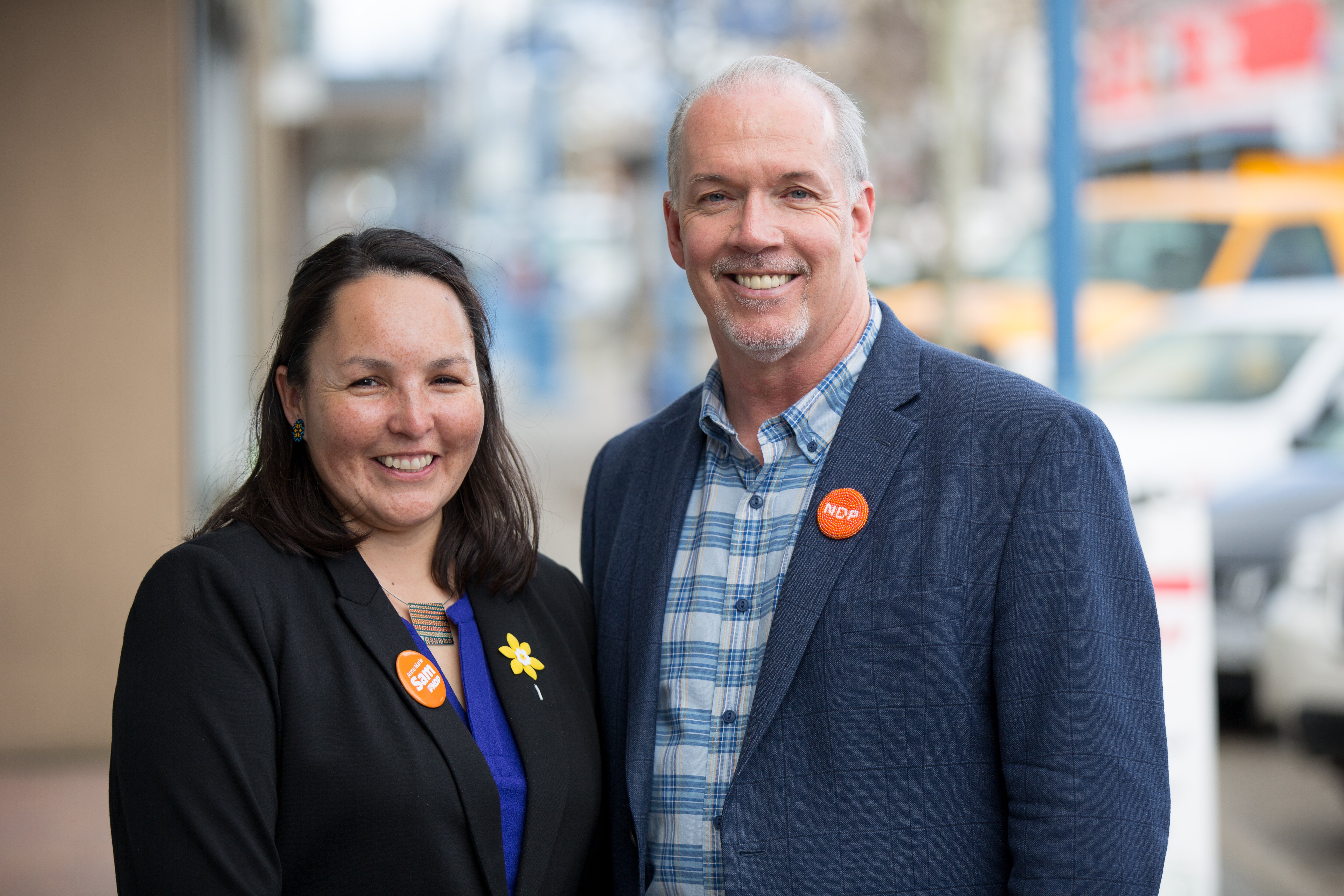We asked 3 Indigenous candidates in the B.C. election about Indigenous rights
The NDP’s Anne Marie Sam, as well as the Liberals’ Ellis Ross and Wanda Good, sound off on resource development on First Nations land before tomorrow’s election.

Leading up to the B.C. election on May 9, I’ve been looking into what each party platform says about First Nations, particularly around the United Nations Declaration on the Rights of Indigenous Peoples (UNDRIP). Why? The declaration is important because it says governments “shall consult and cooperate in good faith with the Indigenous peoples ... to obtain their free and informed consent prior to the approval of any project affecting their lands or territories and other resources.”
In other words, First Nations have the right to say yes or no to projects on their lands. So, if this declaration became law in B.C., it would create some pretty massive changes to the way major projects get assessed, approved or denied. Darwin Hanna, an Indigenous lawyer, tells me, “In a perfect world, it would be a bilateral arrangement whereby both B.C. and Canada would provide consent and authorization, and First Nations as an equal party would provide their consent, as well.”
So, how does tomorrow’s election play into all of this? Well, the two leading parties have different perspectives on UNDRIP. The BC NDP promise to endorse the declaration and look for ways to make it law. The BC Liberals don’t.
With this in mind, I talked to three of the seven Indigenous candidates running in this year's election to find out what they think about UNDRIP, and why they believe their party is the best choice for Indigenous relations when it comes to land rights. I’ve edited their answers for length and clarity.
Ellis Ross
Liberal candidate for Skeena

Ellis Ross is the former chief of the Haisla Nation. He’s been an outspoken champion of the liquified natural gas (LNG) industry and, much like Premier Christy Clark, he’s got one main goal on his mind: jobs. Ross is also running in a riding that has been held by the NDP since 2005.
What do you think about the NDP promising to implement UNDRIP, and your party not taking that step?
ROSS: That’s a bit of a distraction. Finally, we’ve gotten to the table between industry, government and First Nations, and there’s some really good agreements being worked out. Most First Nations — all they want to be is included — and that’s happening in the northwest.
So, to bring up something external to Canada like that, I mean you’re talking about negotiations, you’re talking about changing legislation, you’re talking about the existing case law. That doesn’t really help anybody on the ground. The people on the ground, the average citizen, all they want to see is: Do we have a strong economy? Do we have enough revenue coming in to pay for services?
What are the economic challenges facing the north that other parties can’t address?
ROSS: The ability to stay away from the word no. Investment goes where they’re wanted. But as soon as you start to see “no” come out, whether it be a portion of government or communities, then they start to get scared. You can’t create new jobs without new investment.
What kind of legacy do you want to leave through your work?
ROSS: If my daughters come home to Kitamaat to have a job — and build their lives in Kitamaat and Terrace, and then my granddaughters do the same thing — then I can say that we accomplished something. That’s what I’ve been trying to do for the last 12 years for the economy for Terrace and Kitamaat. We just want this for our kids and our grandkids. We want them to grow up the same way we did, and not be dependant on anybody. We want a good job. And that’s what I’ve been hearing at the doors in Terrace and Kitamaat, as well.
Wanda Good
Liberal candidate for Stikine

Wanda Good is deputy chief councillor of the Gitanyow. Her community is trying to stop the Pacific Northwest LNG project in court, a project that is heavily supported by Clark. Now running for the Liberals, that puts Good in an awkward position.
What inspired you to run in this election, particularly for the Liberals?
GOOD: My cousin went missing a little over 20 years ago, and we’ve never been able to find her. So I’ve been advocating with the other 1,900 families across Canada, and found that the power of the voice of the Aboriginal women is actually very strong and will be heard by government. So, I’d realized that I can make some positive change within our communities, as well as hopefully within government, so that’s actually what inspired me.
In your riding, there are First Nations opposed to LNG. If you're elected, would you support them in their opposition? Or would you support the party?
GOOD: I would say currently there are First Nations within my riding that have signed the LNG agreements to open discussions around LNG. As well, there are 63 First Nations across the province that have signed onto pipeline agreements, so there is open discussion in the riding, and I will commit to being involved in those discussions.
Do you support the principles of UNDRIP?
GOOD: The Liberal government has reviewed the UNDRIP, and they’ve made great strides in the last few years to build relationships with First Nations. The road to reconciliation is a very complex one that the Liberal government has committed to continuing to try to find the best way forward in each and every case. An example that I would use for the complexity of consultation with First Nations is that, in one First Nation, a band council might be the governing body; in another First Nation, the hereditary chief might be a governing body; in another First Nation, the tribal council might be the governing body, or a combination of either-or, or maybe all three.
Do you believe the next B.C. government should implement UNDRIP into law?
GOOD: I would stand by the BC Liberals, and we will work in partnership with Canada and First Nations to move beyond the Indian Act. This involves debate on the meaning of clauses that are in relation to free and prior and informed consent. This clause still leaves a lot of room for exactly clarifying what the meaning is.
Anne Marie Sam
NDP candidate for Nechako Lakes

Anne Marie Sam is a councillor for the Nak'azdli Whut'en near Fort St. James. Her community signed an LNG agreement with the BC Liberal government in relation to the Pacific Trails Pipeline. But Sam tells me the community felt pressured by the Liberals’ process, and signed out of a fear of missing out — not because they felt they had any say.
How should government approach First Nations to achieve consent on projects?
SAM: I think you have to step back, and see what is the best way to do this and what is the best consultation? And if communities are not wanting it, how do we respect communities that say this isn’t what we want? Instead of saying, “Well, the majority of communities have said yes, so let’s push ahead.”
I felt with LNG, we were being asked to sign here and accept this project without knowing all the details. It should be working with the communities where they are and really having all the information in front of you, so you can make an informed decision. And I just feel like for a lot of communities, that just wasn’t the case.
What’s your take on responsible development in the north?
SAM: I know there’s been a lot of talk about [the NDP] being anti-development. I think you can find the balance. I think it’s through working with the communities, and ensuring the communities are prepared for the development that’s being proposed, and having a good regulatory process.
I felt that the NDP were the closest to my values of the environment being very important and finding that balance with the economy.
What made you decide to run in this election?
SAM: I have two young daughters, and I just thought it would be a good experience for all of us as a family to do this, and to be a good role model for them to show what is available and what they can do. I also thought a lot about my grandmother, who is going to be 90 this July. And she’s still tanning moose hides, and still a hard worker, and still connected to our traditions and our culture.
I really thought about her experience. She grew up on the reserve at a time when she had to ask permission to leave the reserve. She wasn’t allowed to vote unless she gave up her status. She was away at residential school for a lot of her life. It’s her strength and her survival that allows me to have this opportunity to do what I’m doing.
